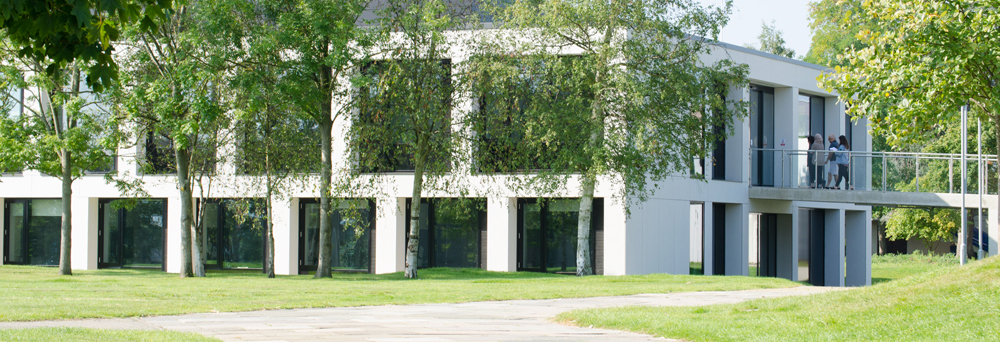– Become an In-House Lawyer
The Law Society’s Annual Statistics Report 2019 found that in-house practice is the fastest growing sector of the legal profession with an estimated 31,000 registered in-house solicitors (triple that of 20 years ago). . It is expected that following the pandemic this will further increase. See here to find out more about why this is happening.
What is “In-House Lawyer”
Also known as In-House Counsel or Legal Counsel an In-House Lawyer works exclusively for their employer i.e. their employer is their sole client and they may work across all of the legal areas that the organisation/company touches. They do not need to attract new customers or bill their time, as they will be on a fixed salary (with bonus earnings common) but they may need to be skilled across a number of different legal practice areas. Typical practice areas are commercial and corporate law, employment, IP, data protection. In-house lawyers will sometimes engage lawyers in private practice to assist in legal matters that may need additional expertise. Organisations employing in-house lawyers vary in size and the legal team can be anything from one lawyer to a team of 30+. In a large team the head of the team is likely to be called “General Counsel” or “Head of Legal”. In-house lawyers can be either barristers or solicitors.
You can read more about in-house lawyers here:
How to become an in-house lawyer
Although approx. 20% of lawyers work in-house, proportionately, there have not been 20% of training contracts in-house. This may change as non-law firms start to embrace the flexibility offered by the new training pathway (SQE/QWE). The norm is for lawyers to move ‘in-house’ after building up a few years of post-qualification experience. But there are some training positions in-house and there is commonly paralegal work too.
In-house training:
In 2020, 27% of training contracts in-house were in the public sector. Be aware that organisations offering in-house training may not take trainees every year – they will only advertise when there is an opening. You can train in-house training with:
- Civil Service including:
- Government Legal Profession – both public and commercial law – both solicitors and barristers
- HM Revenue & Customs
- National Crime Agency
- Competition & Markets Authority
- CPS
- Local Authorities / County Councils
- Insurance companies i.e. esure
- TMT companies i.e. Sky, Vodaphone, BBC, BT,
- Others; Adecco, Accutrainee
Use the LawCareers.Net filter to search for training contracts that are currently advertised in-house.
Top Tip – if you want to work in-house in future but you can’t find a training position in-house. Apply to law firms which allow you to undertake one of your ‘seats’ or a secondment in the legal offices of one of their clients. It’s not unknown for trainees to later move in-house as a result of their experience during training (some even going to the firms where they had their secondment). This can be a benefit to the law firm that sent you as they want to secure an on-going relationship with the company.
In-house work experience
It is very common for students to find work experience in in-house legal teams. The companies and organisations that offer training contracts may still have a formal vacation scheme. Equally, large companies and organisations that recruit graduates on Graduate Schemes may also have a formalised work experience/internship programme which you need to apply for. However, there are many other companies and organisations that will welcome speculative applications for work experience. I’ve come across students who have had work experience in Local Authorities, banks, insurance companies, manufacturing companies, service providers, international commercial companies, public bodies such as the police, CPS, NHS, and many more.
RESOURCES
- The Law Society – the rise of the in-house lawyer https://www.lawsociety.org.uk/en/topics/in-house/the-rise-and-rise-of-the-in-house-lawyer
- The Lawyer Portal – https://www.thelawyerportal.com/study-law/training-contract-overview/in-house-training-contract/
- AllAboutLaw – there are lots of short articles on this link https://www.allaboutlaw.co.uk/law-careers/in-house outlining what in-house is; work experience and training.
- LawCareers.Net – lots of short articles on what it means to work in-house
- Crafty Counsel – market themselves as “JOY, INSIGHT AND CONNECTION FOR IN-HOUSE LEGAL PROFESSIONALS” – https://craftycounsel.co.uk/ Their website includes lots of short videos and articles about working in-house. If you are applying for training or paralegal roles in-house this is a great way to gain awareness of the job and how it differs from private practice. Beyond that there’s also a focus on wellbeing. Nothing wrong with knowing how to manage a pressurised job before you enter it!
- The Law Society Commerce & Industry Group (C&I Group) represents solicitors in industry. www.cigroup.org.uk
- Bar Association for Commerce, Finance and Industry (BACFI) represent barristers in employment. www.bacfi.org
